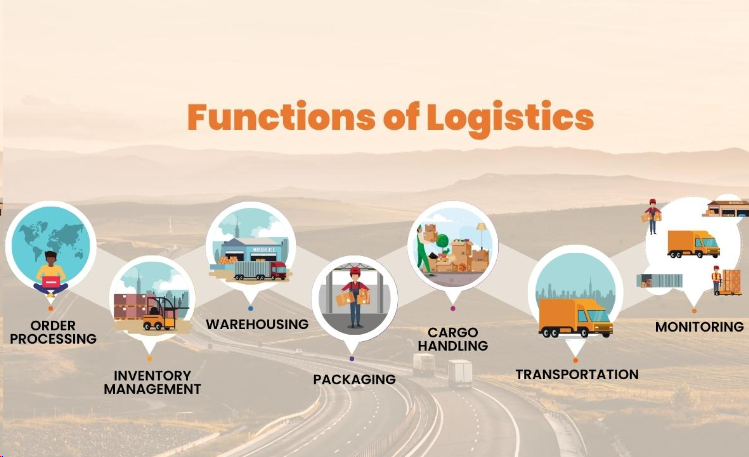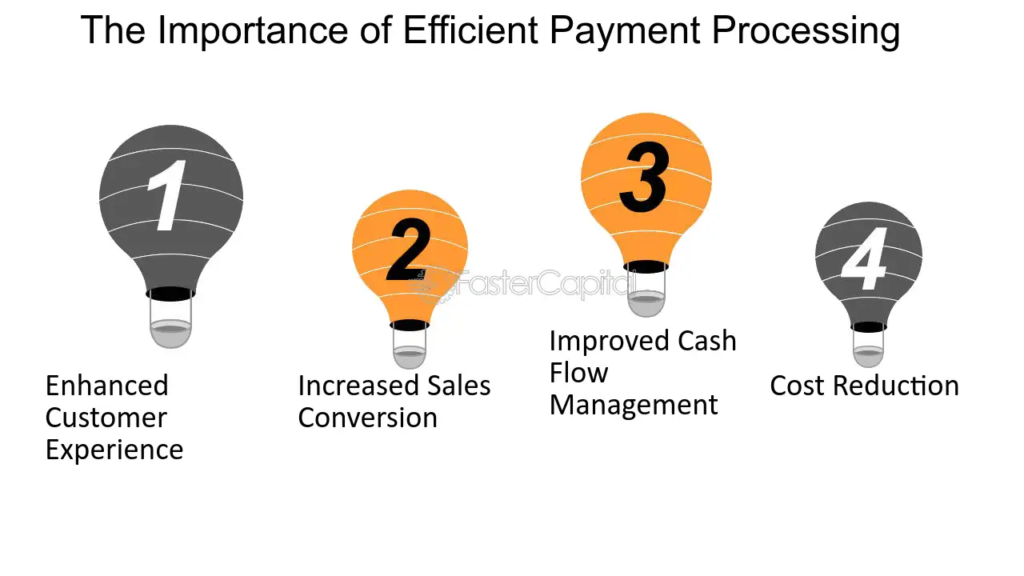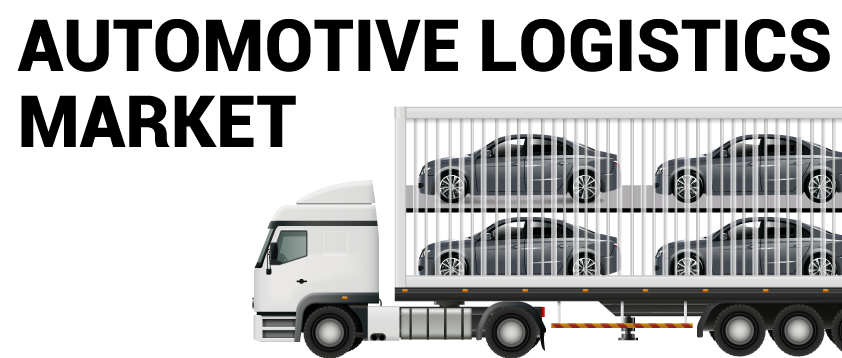AUTHOR:HAZEL DSOUZA
DATE:19/12/2023
In the dynamic and rapidly evolving realm of auto logistics in India, the efficient processing of payments stands as a linchpin, holding together the intricate web of operations that keep the wheels of this industry turning. This comprehensive exploration aims to dissect the complexities challenges, and opportunities surrounding payment processing within the auto logistics sector, shedding light on how it fuels efficiency and fosters growth.
Understanding the Current Payment Landscape in Auto Logistics
The Conventional Challenges of Payment Processing
In the traditional landscape of auto logistics, payments have long been plagued by a myriad of challenges. From delays in transactions to manual errors in processing, these hurdles have hindered the fluidity of operations, leaving logistics companies grappling with inefficiencies. This section will delve into the inherent challenges and shed light on the impact they have on the industry.
Digital Transformation in Auto Logistics: A Paradigm Shift
The auto logistics industry is undergoing a significant transformation, driven by the rapid adoption of digital technologies. This shift is not just about modernizing systems; Digital Payment Methods[1]it represents a fundamental change in how businesses operate, communicate, and deliver value to their customers.
Key Components of Effective Payment Processing in Auto Logistics

Real-time Tracking and Tracing of Payments
One of the critical components of effective payment processing[2] in auto planning lies in real-time tracking and tracing of payments. This section illuminates the importance of transparency and accountability at every stage of the logistics chain, showcasing how real-time tracking can be a game-changer.
Integration of Secure Payment Gateways
In an era where data security is paramount, the integration of secure payment gateways[3] assumes a pivotal role in auto logistics. This section delves into the significance of these gateways, safeguarding transactions, protecting sensitive data, and fostering trust among stakeholders.
Automated Invoicing Systems: Reducing Manual Burden
The manual burden associated with traditional invoicing systems can slow down the payment process. Here, we discuss the benefits of automated invoicing systems in minimizing manual workload, improving accuracy, and expediting payment cycles in the services automotive logistics[4] planning domain.
Emerging Trends in Auto Logistics Payment Processing
Contactless Payments: Reshaping the Payment Experience

Blockchain technology has emerged as a potential game-changer in enhancing the security and transparency of payment transactions in auto planning. This section explores the integration of blockchain and its implications for the industry. Automotive Logistics[5] The global landscape is witnessing a surge in contactless payments, and the auto planning sector is no exception. This section analyses the growing trend of contactless payments and its implications for the industry.
The Impact of Efficient Payment Processing on Auto planning Businesses
Improved Cash Flow and Financial Stability
Improved cash flow and financial stability are crucial for the growth and sustainability of any business. By adopting efficient payment processing and digital financial solutions, companies can reduce delays, manage expenses better, and optimize revenue streams. This not only ensures consistent operations but also enables businesses to invest in new opportunities and navigate economic challenges with confidence.
Enhanced Customer Satisfaction: A Competitive Edge
In an industry driven by competition, customer satisfaction is a key differentiator. This section explores how efficient payment processing positively influences customer satisfaction, contributing to the competitive edge of auto planning businesses in India.
Challenges and Solutions: Navigating the Complexities

Addressing Cybersecurity Concerns in Payment Processing
As the digital landscape expands, so too do the challenges associated with cybersecurity. Furthermore, with the rapid advancement of technology and the increase in online transactions, these challenges become more complex and pervasive. Consequently, businesses must stay proactive in implementing robust security measures to safeguard sensitive data and maintain trust.
. This section recognizes the threats posed by cybercriminals and explores effective solutions to safeguard payment transactions in the Automotive industry in India.
Regulatory Compliance: Navigating the Legal Landscape
Navigating the legal landscape is crucial for auto planning companies. This section delves into the importance of adhering to regulatory norms, exploring the impact of compliance on payment processing.
Conclusion:
the integration of advanced payment processing solutions is pivotal for the growth and sustainability of auto planning in India. Embracing digital transformation, ensuring security, and addressing emerging trends will empower the industry to thrive in an ever-evolving landscape.
FAQs:
Q1: How does digital payment adoption benefit auto planning businesses in India?
Digital payment adoption streamlines processes, reduces errors, and enhances overall efficiency, contributing to the growth of auto planning businesses in India.
Q2: What role does blockchain technology play in securing payment transactions?
Blockchain technology enhances the security and transparency of payment transactions in auto planning, mitigating risks associated with data breaches and fraud.
Q3: How can auto planning companies address cybersecurity concerns in payment processing?
Auto planning companies can address cybersecurity concerns through robust security measures, encryption, and continuous monitoring of payment systems.
Q4: What are the key challenges in traditional payment methods for auto planning in India?
Traditional payment methods pose challenges such as delays, manual errors, and inefficiencies, hindering the smooth operation of auto planning in India.
Q5: How does contactless payment contribute to the evolution of the auto planning payment landscape?
Contactless payments are reshaping the auto planning payment landscape by providing a convenient and secure payment experience, aligning with global trends




